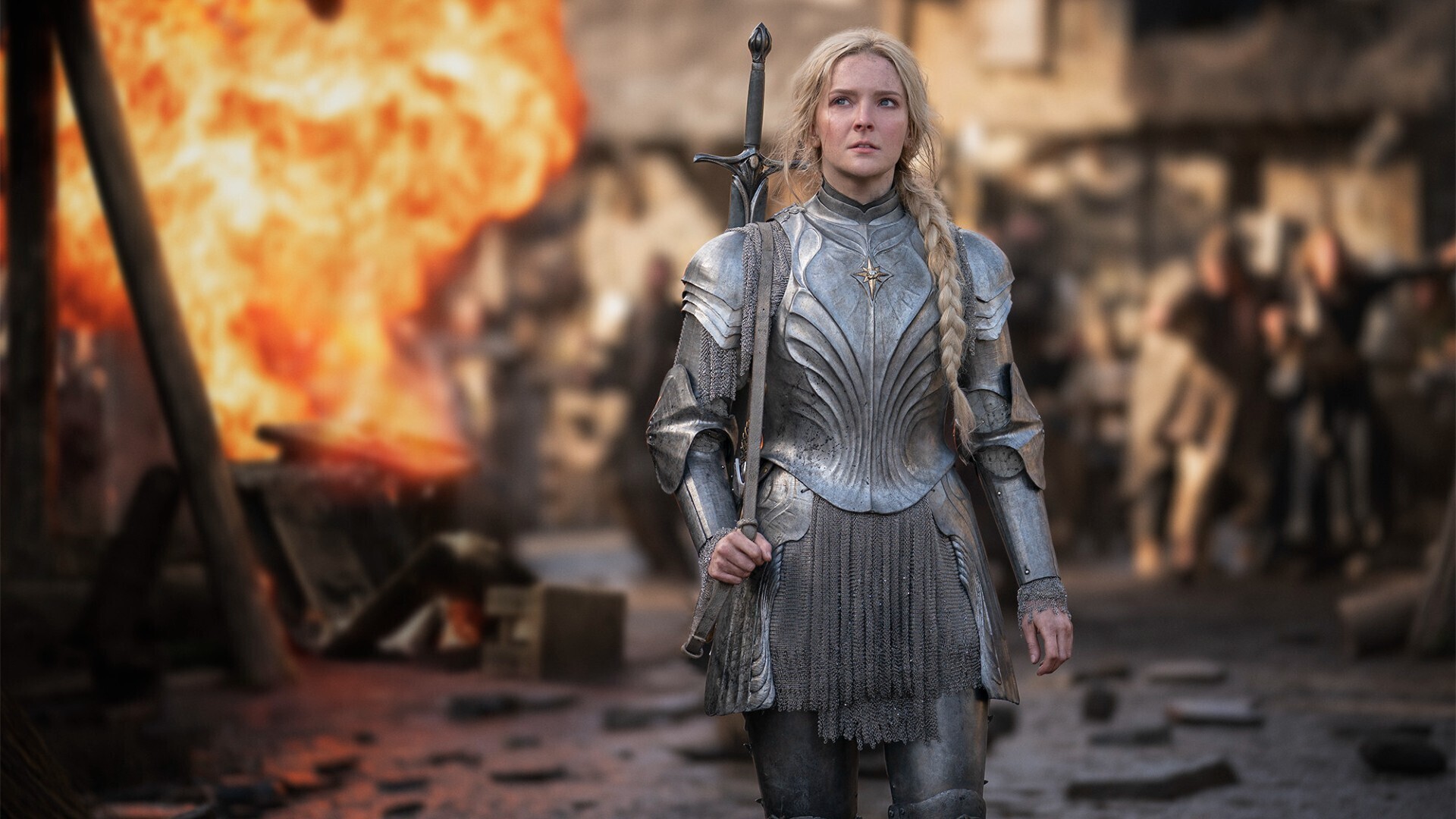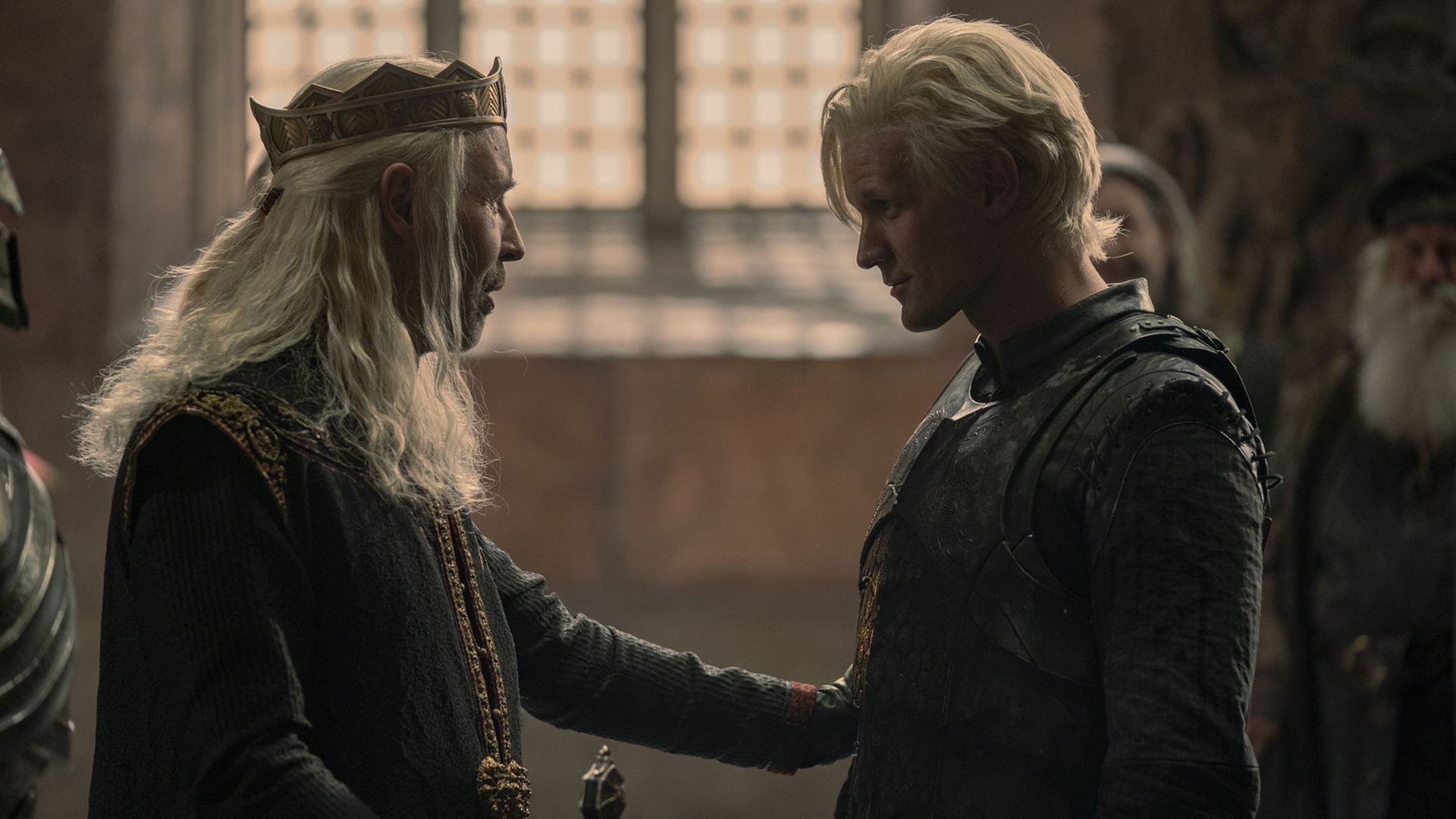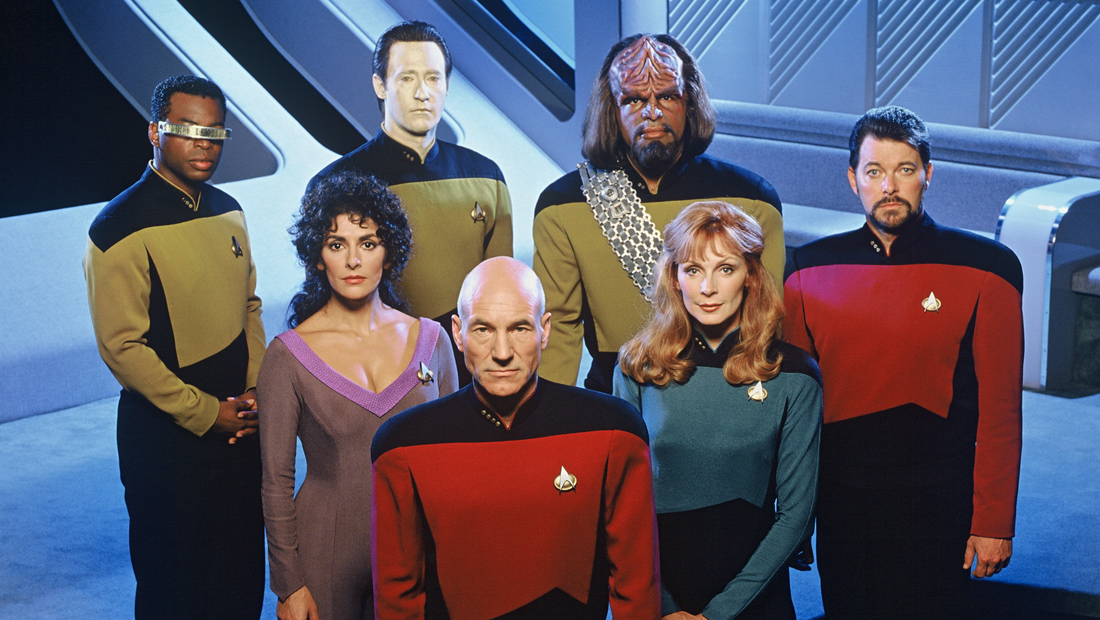If you think about it, The Rings of Power and House of the Dragon have nothing in common, so why compare them?
Opinion: Both shows are undeniably fantasy but, genre aside, they couldn’t be more different

Sign up for breaking news, reviews, opinion, top tech deals, and more.
You are now subscribed
Your newsletter sign-up was successful
As soon as Amazon and HBO announced the release dates of their new fantasy behemoths, the fates of The Lord of the Rings: The Rings of Power and House of the Dragon became entwined. To many observers, having the two dramas kick off within the space of two weeks ignited the ultimate clash of the titans, the magical world of Middle-earth facing off against the more down-to-earth brutality of Westeros.
The human race was comparing the incomparable long before social media turned everything into a debate – okay, argument – but you don’t have to dig as deep as the mines of Khazad-dûm to realize that this is an entirely fabricated confrontation. In fact, when it comes to fantasy storytelling, the two shows exist at opposite ends of an incredibly varied spectrum, and comparing them directly is as reductive (and pointless) as pitting Star Wars against Star Trek.
Just as a casual observer watching Star Trek/Wars for the first time might assume that the presence of spaceships, lasers and, well, stars mean they’re cut from the same cloth, there’s no denying the superficial similarities between the Lord of the Rings and Game of Thrones spin-offs.
Both of the new shows are set in detailed fantasy worlds, populated by characters with evocative names living in almost-familiar places. And although they’re prequels to long-established stories, neither is based on an established novel – The Rings of Power riffs off JRR Tolkien’s appendices to The Lord of the Rings, while House of the Dragon takes inspiration from George RR Martin’s ‘history’ of the Targaryen dynasty, Fire & Blood. Until House of the Dragon’s fifth episode channelled Game of Thrones via a memorable banquet, you could have also made a strong case that neither series had fulfilled its potential, their success based as much on the legacy of the respective franchises as any storytelling prowess of their own.
Chalk and cheese – with dragons

Look closer, however, and the similarities are skin-deep, because the idea of Elves or Orcs setting up shop in Westeros is every bit as alien as Jean-Luc Picard dressing up as a Jedi, pulling out a lightsaber and babbling on about the Force on the bridge of the USS Enterprise.
At heart, The Lord of the Rings is a story of hope, the idea that there are some really bad things live in Middle-earth, but that good will ultimately triumph – even if it has to wait a few thousand years for victory. Notions of heroes and villains are clearly delineated, in a world where magic and immortality are commonplace (if you’re an Elf, at least), and most problems can be solved by completing a good old-fashioned quest.
In contrast, the A Song of Ice and Fire novels that inspired Game of Thrones were heavily influenced by The Lord of the Rings but – unlike a hefty chunk of the many fantasy authors who followed in JRR’s wake – Martin’s storytelling revels in subverting Tolkien tropes. Westeros is a realm of shades of (very dark) gray morality, where magic is in short supply, few things are as dangerous as your fellow humans, and noble intentions are as likely to get you killed as save the world.
Sign up for breaking news, reviews, opinion, top tech deals, and more.
Where The Rings of Power has a broader, more family-friendly appeal, House of the Dragon’s frequent, liberal depiction of NSFW content ensures it’s fantasy for grown-ups. Indeed, aside from the occasional dragon – showrunner Ryan Condal claims there are 17 of them in the new show – House of the Dragon arguably shares as much DNA with the more real-world drama of The Tudors or Succession as it does with The Rings of Power
A broad church

Star Trek and Star Wars are rarely forced to compete in the same way as these new fantasy shows have been, possibly because everyone realizes that – whether or not phasers are set to stun – it could never be a fair fight. The final frontier could never hope to compete with a galaxy far, away when it comes to edge-of-the-seat thrills, box-office power, and “slap it on a lunchbox” pop-culture appeal, while Trek has the undoubted edge in terms of versatility and inventive storytelling.
Star Trek and Star Wars have proved over decades, however, that there’s more than one way to run a successful space-faring sci-fi franchise, so – rather than dispatching The Rings of Power and House of the Dragon into some phony war for viewing figure – we should be celebrating the fact they’re so different.
TV fantasy is becoming an increasingly broad church, where the more traditional likes of Netflix’s The Witcher and Amazon’s The Wheel of Time will soon be joined by Disney Plus’s unashamedly family-focussed Willow. Netflix’s Shadow and Bone has already taken fantasy away from the Western European/medieval blueprint that’s been dominant in the genre since the days of Tolkien, with a design aesthetic inspired by Tsarist Russia. And that‘s just the tip of the iceberg when compared to literary fantasy where – for example – writers such as RF Kuang and Tasha Suri are basing their worlds on China and India, respectively. Expect TV to follow suit.
It's all fantasy, of course, but pitting such disparate shows against each other is likely to be as fruitless as deciding whether Lionel Messi or Cristiano Ronaldo are the best soccer player of their generation. Let’s just be happy there are two hotly anticipated, mega-budget fantasy shows on TV at the same time, and keep the battles where they work best – on screen.
New episodes of The Lord of the Rings: The Rings of Power debut on Prime Video on Fridays. New episodes of House of the Dragon are available on HBO/HBO Max (US) on Sundays, and Sky Atlantic/Now TV (UK) on Mondays.
Richard is a freelance journalist specialising in movies and TV, primarily of the sci-fi and fantasy variety. An early encounter with a certain galaxy far, far away started a lifelong love affair with outer space, and these days Richard's happiest geeking out about Star Wars, Star Trek, Marvel and other long-running pop culture franchises. In a previous life he was editor of legendary sci-fi and fantasy magazine SFX, where he got to interview many of the biggest names in the business – though he'll always have a soft spot for Jeff Goldblum who (somewhat bizarrely) thought Richard's name was Winter.
